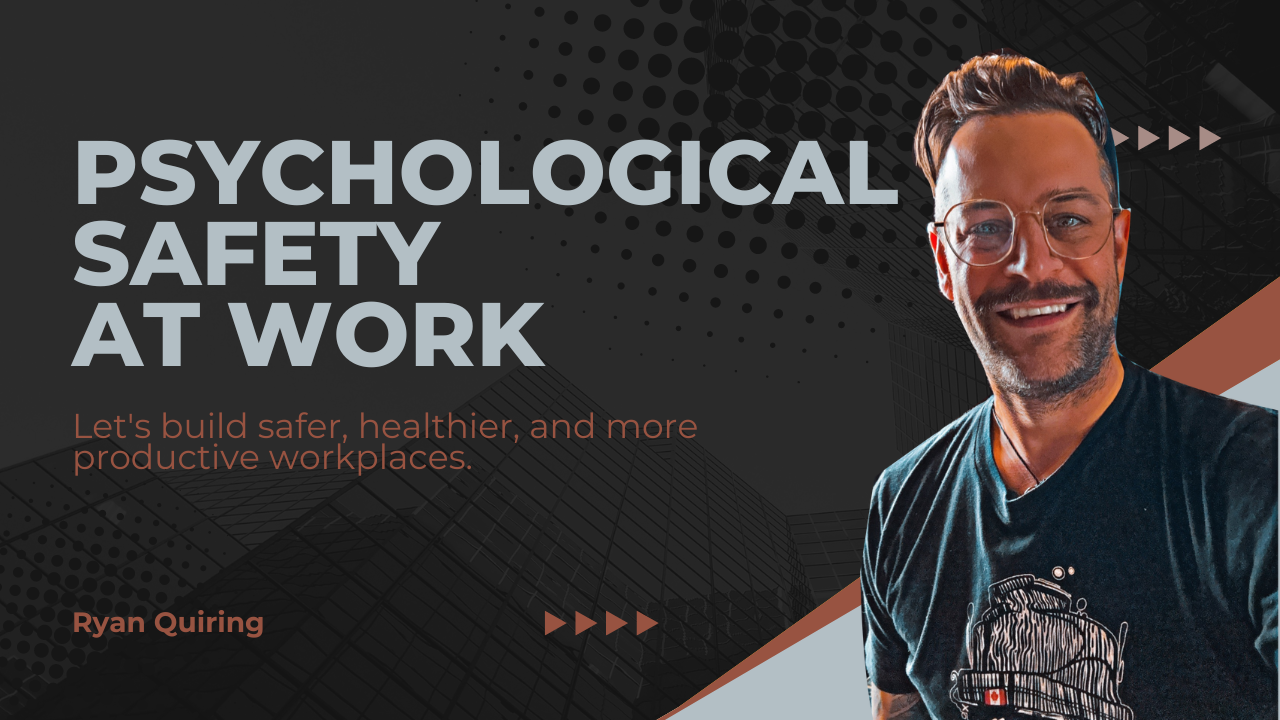I want to explore a powerful concept often unnoticed in our day-to-day work lives: ripple effects—specifically, the ripple effect of our actions on team dynamics. As someone who’s led teams and observed organizational behaviour, I’ve seen firsthand how a single action can create waves that transform entire workplace cultures, no matter how small.
Let’s start with a simple truth: we’re all interconnected in any team or organization. Every action we take, every word we speak, and every attitude we bring to work creates ripples that extend far beyond our immediate sphere. These ripples shape our work environment, influencing everything from team morale to productivity to innovation.
Think about it like this: Have you ever walked into a room and immediately sensed the mood, even before anyone spoke? That’s the ripple effect in action. The energy we bring, the way we interact with others, and the language we use all contribute to an invisible but palpable atmosphere that affects everyone around us.
Now, let’s break this down into some specific ways our actions create ripples:
- The ripple of mood and energy. If you come into work stressed, distracted, or negative, that energy spreads. People pick up on it, often subconsciously, and it can dampen the mood of the entire team. On the flip side, if you bring enthusiasm and positivity, that too is contagious. Your good mood can lift others and create a more vibrant, energetic work environment.
- The ripple of behaviour. When you consistently meet deadlines, communicate clearly, and treat others with respect, you set a standard. Others will likely mirror this behaviour, creating a culture of reliability and mutual respect. Conversely, if you frequently miss deadlines or speak harshly to colleagues, you might unknowingly permit others to do the same.
- Your approach to challenges. When you face obstacles with resilience and creativity, you inspire others to do the same. Your problem-solving attitude can transform how your entire team approaches difficulties. The way you handle mistakes is particularly impactful. If you own up to your errors, learn from them, and move forward constructively, you create an environment where others feel safe to do the same. This openness can lead to more innovation and faster problem resolution across the team.
- Your attitude towards learning and growth. When you show curiosity, seek feedback, and actively work on self-improvement, you encourage a growth mindset in others. This can lead to a team that’s more adaptable, more innovative, and more resilient in the face of change.
- The way you recognize and appreciate others. When you consistently acknowledge the contributions of your colleagues, you foster a culture of appreciation. This can dramatically improve morale, motivation, and collaboration across the entire team.
It’s important to note that the ripple effect works both ways. Negative actions create negative ripples just as easily as positive ones. Gossip, blame, or a lack of accountability can quickly erode trust and create a toxic team dynamic.
So, how can we harness this ripple effect to impact our team dynamics positively?
Start by being mindful. Pay attention to your mood, your words, and your actions. Recognize that everything you do will influence others. Nothing is inherently right or wrong; it just is, and the people around you may perceive it based on your past attitudes.
Practice emotional intelligence. Learn to manage your emotions effectively and be attuned to the feelings of others. This awareness can help you navigate team dynamics more skillfully.
Be intentional about the energy you bring to work. Even on tough days, try to bring a constructive attitude. Your resilience will inspire others.
Model the behaviour you want to see. If you want a culture of open communication, be open. If you want a culture of innovation, be willing to take calculated risks and think outside the box. Similarly, if you want a culture of black boxes, be closed off.
Celebrate others’ successes. By highlighting your colleagues’ achievements, you create ripples of positivity and motivation.
Address negative behaviours promptly and constructively. Don’t let harmful ripples spread unchecked.
Remember, you don’t need to be in a leadership position to have a significant impact. Every team member has the power to influence team dynamics through their actions.
I challenge you to reflect on the ripples you’re creating in your workplace. Are they the ripples you want to see spreading through your team? What small changes could you make to create more positive ripples?
Never underestimate the power of your actions to shape your work environment. Every interaction, decision, and attitude you bring to work is like a pebble dropped in a pond. The ripples you create have the power to transform your team dynamics, workplace culture, and, ultimately, the success of your organization.
Be mindful of our ripples and strive to create waves of positivity, collaboration, and growth. When we do, we elevate the entire team, and that’s how great things are accomplished.
